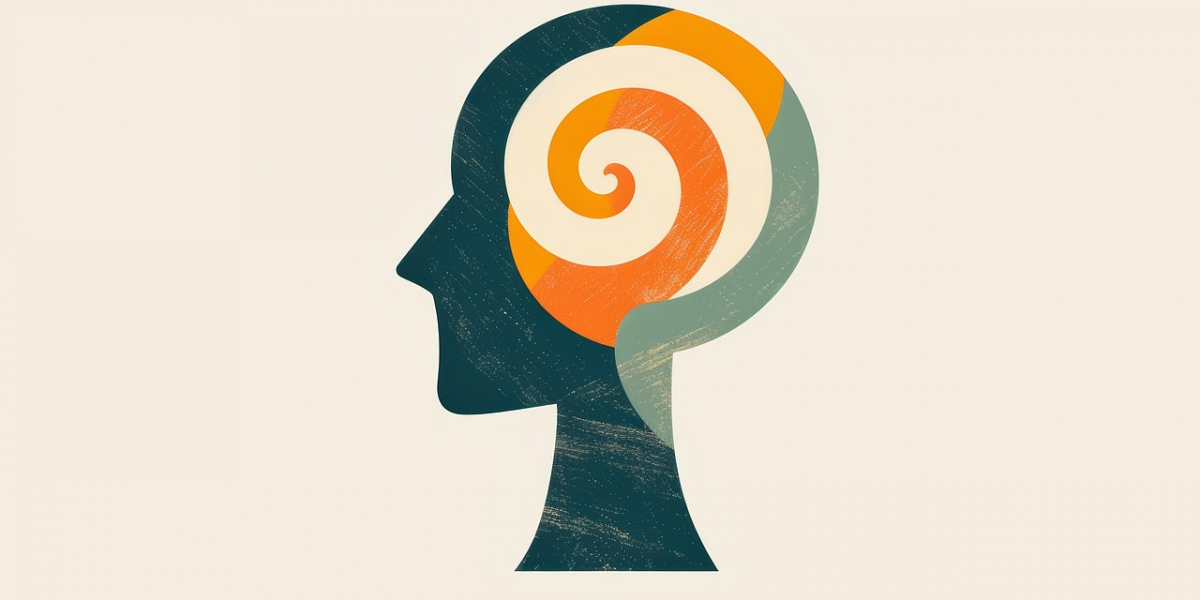When faced with persistent mental health challenges that don’t respond to traditional outpatient therapy, a more intensive approach may be necessary. Residential Mental Health treatment offers a powerful solution, providing an immersive, supportive, and structured environment where individuals can focus entirely on their healing. This guide explores what residential care is, its key benefits, and why it can be a life-changing step on the path to recovery.
What is Residential Mental Health Treatment?
Residential mental health treatment involves living at a treatment facility for a period of time, typically ranging from a few weeks to several months. It is an intensive, live-in healthcare service where patients receive therapy and support. Unlike acute inpatient hospitalization, which is for short-term crisis stabilization in a hospital setting, residential care is designed for longer-term therapeutic work in a less restrictive, more home-like environment. The primary goal is to provide a safe space where individuals can step away from the stressors and triggers of their daily lives to build a solid foundation for mental well-being.
The Core Benefits of Residential Care
Choosing to enter a residential facility is a significant commitment, but it offers several unique advantages that can lead to profound and lasting recovery.
A Safe and Structured Environment: For many, the challenges of daily life—such as work, school, or difficult relationships—can hinder recovery. A residential program removes these external pressures. The structured daily routine helps individuals develop healthy habits related to sleep, nutrition, and personal care. This stability is crucial for regulating moods and reducing anxiety. A structured routine promotes accountability and discipline, helping individuals break free from chaotic and unpredictable patterns of behavior.
24/7 Professional Support: In a residential setting, you have constant access to a team of licensed professionals, including psychiatrists, therapists, nurses, and support staff. This round-the-clock availability means that if a difficult moment or a crisis arises, help is immediately at hand. This level of continuous care ensures safety and provides invaluable support for working through intense emotional challenges, helping to prevent a relapse into self-harm or other destructive behaviors.
Comprehensive, Integrated Treatment: A residential facility provides a wide array of therapies under one roof. Your treatment plan will be highly personalized and may include:
Individual Therapy: One-on-one sessions to delve into the root causes of your mental health challenges.
Group Therapy: A vital component that fosters a sense of community and reduces feelings of isolation. Sharing experiences with peers who understand your struggles can be incredibly empowering and provide a new set of peers who are also committed to change.
Holistic and Experiential Therapies: Many programs incorporate practices like yoga, mindfulness, art therapy, music therapy, and even equine therapy to address the mind-body connection and provide non-verbal ways to express emotions. These activities work hand-in-hand with traditional therapy to enhance the change process.
Addressing Co-Occurring Disorders (Dual Diagnosis): It is common for mental health conditions to co-exist with other issues, such as substance use disorders or eating disorders. Many residential facilities specialize in dual diagnosis treatment, ensuring that both conditions are addressed simultaneously in a coordinated way, which significantly increases the chances of a successful and lasting recovery.
Skill-Building for Long-Term Success: The goal of residential care is not just to manage symptoms while you are at the facility, but to prepare you for life afterward. Programs teach practical skills such as stress management, emotional regulation, communication, and problem-solving. By practicing these skills in a supportive environment, you build the confidence to apply them in your daily life once you return home. This focus on life skills helps individuals gain practical tools to navigate life more effectively and helps them regain control of their lives.
The Financial Aspect
The cost of residential treatment can be a concern, but it's important to explore all options. The average cost can range from $500 to over $2,000 per day, with a typical 30-day program costing between $15,000 and $60,000, depending on the location, services, and amenities. However, many facilities accept private health insurance, which can cover a significant portion of the cost. Additionally, some centers offer payment plans or financial assistance. It's crucial to consider the "hidden costs" of not getting help such as lost wages, damaged relationships, and ongoing medical expenses which can often outweigh the cost of treatment.
Ultimately, choosing to enter a residential mental health facility is a courageous act of self-care. It's a commitment to your well-being and a powerful way to build a foundation for a more stable, fulfilling, and purposeful life.














